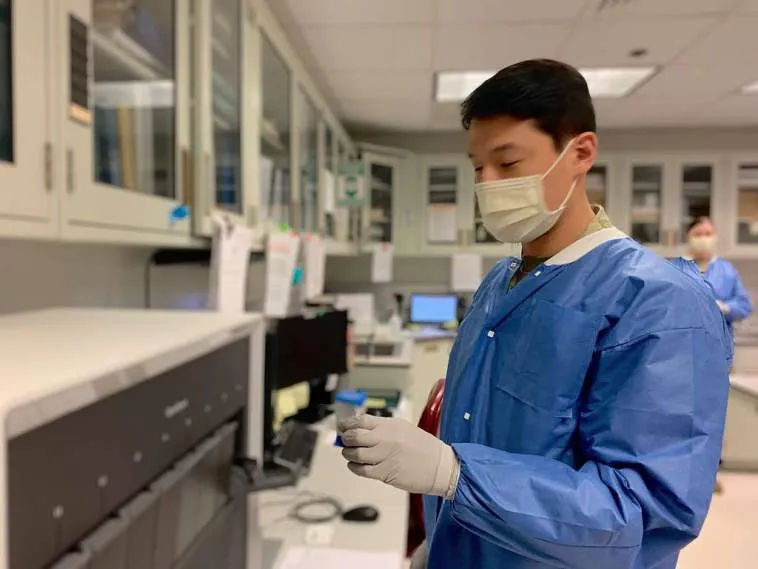(Reuters) Some of the world’s leading makers of flu vaccines say they could make hundreds of millions of bird flu shots for humans within months if a new strain of avian influenza ever jumps across the species divide.
One current outbreak of avian flu known as H5N1 clade 2.3.4.4b has killed record numbers of birds and infected mammals. Human cases, however, remain very rare, and global health officials have said the risk of transmission between humans is still low.
Executives at three vaccine manufacturers – GSK Plc (GSK.L) Moderna Inc (MRNA.O) and CSL Seqirus, owned by CSL Ltd (CSL.AX) – told Reuters they are already developing or about to test sample human vaccines that better match the circulating subtype, as a precautionary measure against a future pandemic.
Others, like Sanofi (SASY.PA), said they “stand ready” to begin production if needed, with existing H5N1 vaccine strains in stock.
There has also been a push among companies to develop a bird flu vaccine for poultry, a market potentially far larger than that for humans.
Less reassuring, however, is that most of the potential human doses are earmarked for wealthy countries in long-standing preparedness contracts, global health experts and the companies said.
Many countries’ pandemic plans say flu shots should go first to the most vulnerable while supply is limited. But during COVID-19, many vaccine-rich countries inoculated large proportions of their populations before considering sharing doses.
“We could potentially have a much worse problem with vaccine hoarding and vaccine nationalism in a flu outbreak than we saw with COVID,” said Dr Richard Hatchett, chief executive of the Coalition for Epidemic Preparedness Innovations (CEPI), which helps fund vaccine research.
An international framework for pandemic flu allocates 10% of global supply for the World Health Organization to share with low- and middle-income countries. By contrast, the WHO is seeking guarantees of 20% global supply for other types of pandemic in the wake of COVID.
The U.N. agency said it has signed legally binding agreements with 14 manufacturers for 10% of their pandemic flu vaccine “as it comes off the production line”, in a mix of donated doses and doses to be bought by the agency at an affordable price. The agreements include six of the largest seasonal flu manufacturers, such as GSK, Sanofi and CSL Seqirus, the WHO said.
WHO did not comment on the potential for vaccine hoarding in a flu pandemic but said mechanisms were being developed “so that countries can work together – not in competition with each other” to respond to such a crisis. It said it was “fully confident” manufacturers and member states would meet their obligations.
NEW APPROACHES
In a pandemic, vaccine manufacturers would shift production of seasonal flu vaccines and instead make shots tailored to the new outbreak when needed. They already have the capacity to make hundreds of millions of doses.






